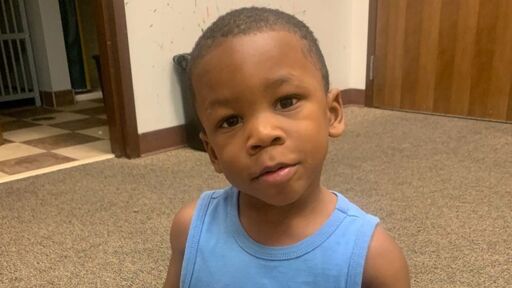The toddler died after he was trapped inside a hot car while in the custody of a worker contracted by the Alabama Department of Human Resources, the state’s child protective services agency
As you might expect, there are quite disturbing details in the article.



You’re both fixating on the specific example and missing the general idea: the neural pathways that let you not remember 100% of your drive home, forget your purse somewhere, go to the grocery store and forget the one thing you went for in the first place, and forgetting something is in your backseat are all the same part of your unconscious mind. If enough things go wrong at the same time, in the wrong ways, the part of your brain can take over tasks that aren’t immediately urgent in that exact moment.
The article has a few segments that describe it well. This one came to mind:
I don’t disagree with the logic here, although I would say it does not apply universally, I mostly feel the need to question the example of comparing leaving your phone to leaving a child, which I think makes light of how seriously impaired someone must be to make such a mistake and also how extreme the consequences are. I don’t think it’s helpful at all to say someone capable of one is capable of the other.
The point is that this can happen without impairment. You don’t need to be impaired for your brain to just not fuckin work and no matter how relatively important you think remembering one thing is over another, that’s not how memory works.